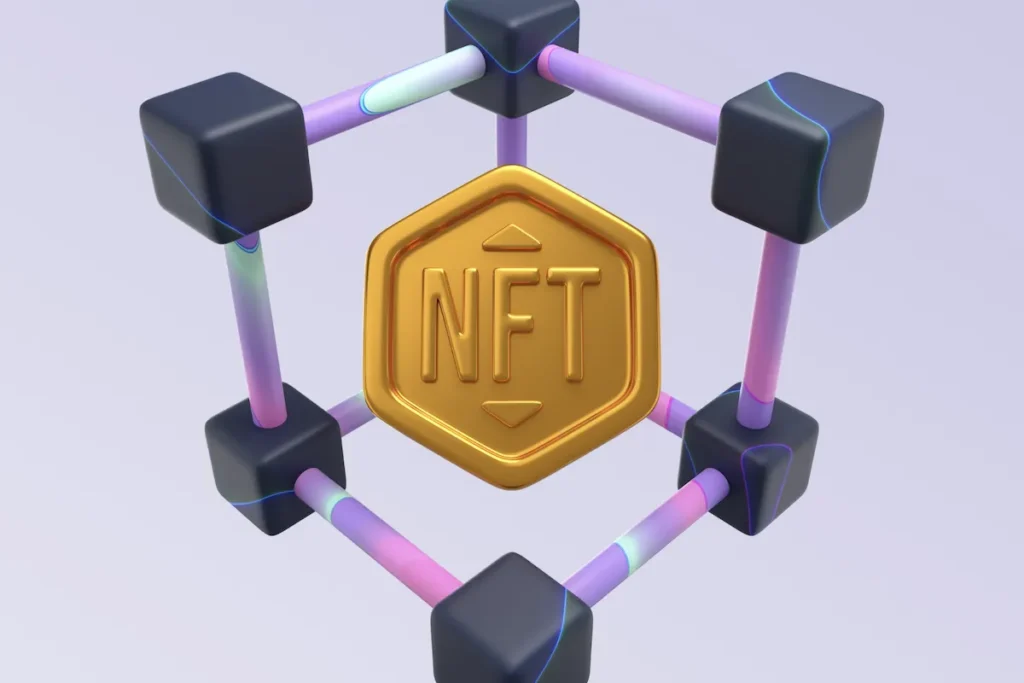In today’s ever-evolving digital landscape, new forms of creativity are emerging at a rapid pace. What was once unimaginable in the physical world can now be brought to life in the digital realm. At the forefront of this digital revolution lies a game-changing concept – NFTs.
NFT, short for non-fungible token, represents a unique digital asset that cannot be duplicated or forged. It serves as a one-of-a-kind record on the blockchain, enabling individuals to own and trade digital items that hold no real-world equivalents.
The advent of NFT technology has marked a significant breakthrough in the realm of virtual art. Previously, it was challenging to assign value to digital paintings, photographs, music, or videos. However, with NFTs, these creative works have attained a level of worth akin to physical art pieces. The authenticity and authorship of these works are safeguarded by blockchain technology, making the ownership of digital assets more straightforward and accessible.
Decentralization and digital uniqueness are two pivotal components of the NFT concept. Unlike conventional assets like money or cryptocurrencies, which are managed by centralized entities, NFTs are directly created and stored on the blockchain. This decentralization empowers users with full control over their digital assets, eliminating the need for intermediaries.
Moreover, each NFT possesses a distinct identifier that certifies its authenticity and uniqueness. This feature enables owners to generate and exchange exclusive digital items such as digital art, collectibles, virtual land, and more. Just as unique paintings or collectibles hold value in the physical world, NFTs open up new avenues for digital ownership and cultural preservation.
The applications of NFTs span across various industries. In the cultural sphere, artists and content creators leverage NFTs to monetize and distribute their creations in innovative ways. In the gaming sector, NFTs are utilized to craft one-of-a-kind characters, items, and virtual environments for user engagement. Additionally, NFTs find utility in virtual real estate ownership, tokenizing real assets, and curating digital collections and emotional connections.
By combining decentralization and digital uniqueness, NFTs offer independence and security to owners while facilitating the creation and exchange of exclusive digital assets. This technology has reshaped the way we perceive and interact with digital content, paving the way for a new era of digital ownership and expression.
If you’re seeking an exhilarating online entertainment experience, look no further than the top games at Casino Click. Immerse yourself in a world of excitement and fun with a diverse selection of thrilling games.
Blockchain technology, with its decentralized storage and transfer of digital information, has revolutionized various aspects of our lives. By eliminating intermediaries, blockchain simplifies the process of exchanging digital assets, reducing costs and time associated with transactions.
One of the most prominent applications of blockchain technology is the creation of non-fungible tokens (NFTs). These tokens, built on the blockchain, serve as unique identifiers for digital assets like art, music, videos, and animations, revolutionizing the way we perceive and trade digital content.
In conclusion, NFTs and blockchain technology have redefined the landscape of digital creativity and ownership, offering new possibilities for artists, creators, and enthusiasts alike. Embrace the future of digital innovation with NFTs and unlock a world of endless possibilities.

